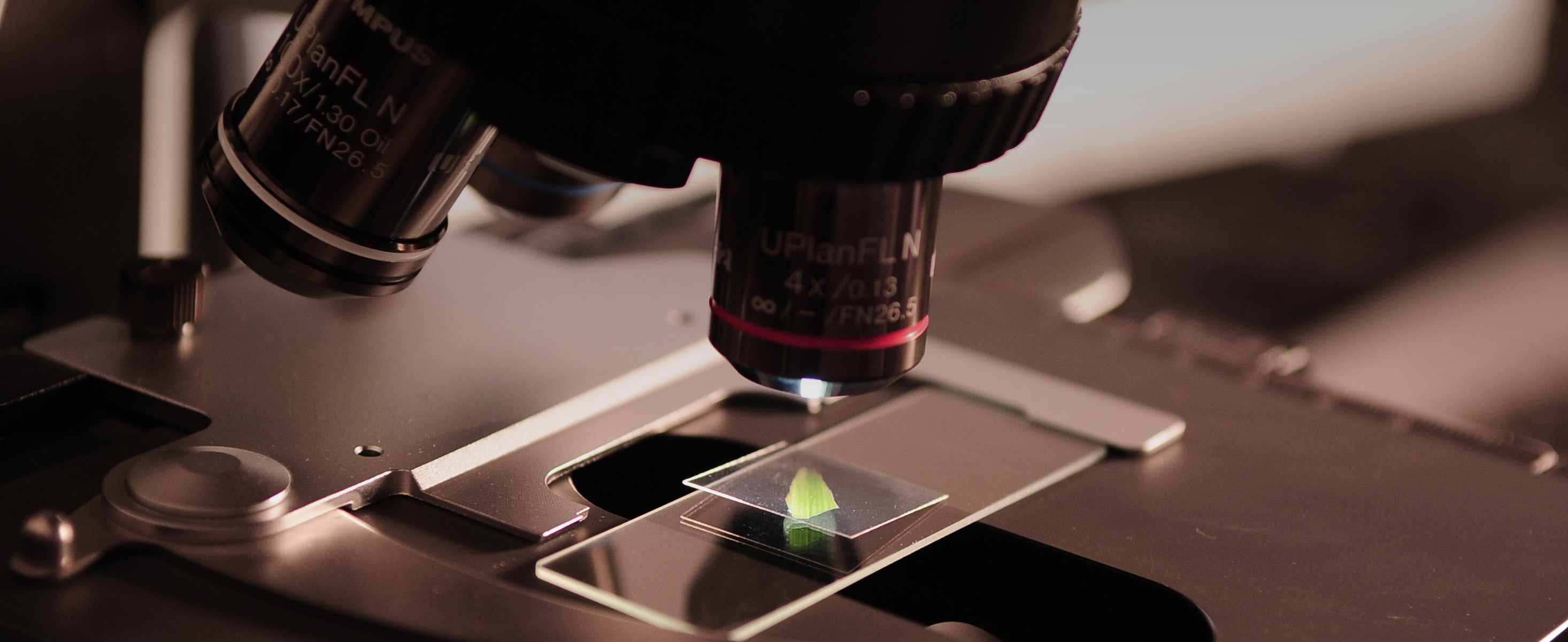
4 minute read
The Intercultural Brain
from Aston in Touch 2017
by Aston Alumni

In a globalised world, communication is key. But as anyone who manages trans-global networks will tell you, when everyone is on a different cultural page, communication can be chaos. Well, the latest behavioural science is shining a light on why intercultural communication can be so difficult, and using this knowledge to develop new forms of training to sharpen intercultural skills.
Advertisement
It’s all to do with our ‘social brain’ - that part of us concerned with navigating the world of people and relationships. We use our social brains all the time, whether it’s interacting with our friends and family, presenting to the board or teaching a class. Even when we’re on our own, our hopes, fears, and aspirations are framed by the people we know, respect, love or hate.
Now, in our home culture, the job of navigating this world is easy. We’ve had years to learn a range of behavioural ‘scripts’ to fit any social situation, from business etiquette to queueing to ordering food in a restaurant. These scripts are like ‘muscle memory’, well-learned behavioural plans that automatically kick in on familiar territory. The problem with scripts is that if we’re not careful, we end up living life in a little loop, never deviating from what we know. And just like spending too much time on the sofa, if we rely too much on scripts, we’ll slowly become less (mentally) agile.
This is where travel comes in. I’m not talking about your basic package holiday (enjoyable as that may be). I’m talking about deep, immersive trips - placements, exchanges or sabbaticals - that really challenge you, and force you to take another look at norms, customs and stereotypes. Now this process is hard, because it cuts right to the core of those scripts you’ve spent years cultivating. But research is showing us that it’s precisely because it’s hard work that it can afford tremendous benefits. The process of taking on another culture’s perspective, seeing things from a different cultural standpoint, making compromises and putting aside existing stereotypes literally gives the brain a ‘work out’. Just like an athlete training themselves to run faster, with some practice the brain will work better, faster and more efficiently. Travelling, living and working in a difficult culture is like adopting a daily exercise regime – it constantly challenges our cultural expectations, and keeps the brain fit, agile and adaptive.
Evidence from behavioural science is revealing how these benefits accrue. For instance, in one recent study participants were asked to solve a business negotiation problem. The researchers found that it was those people who had spent an extended time abroad who were most likely to find a solution. This relationship between intercultural experience and problem-solving is now rapidly gaining support in the field. There’s a well-known adage that ‘travel broadens the mind’, well, the latest science is showing this adage to be true. Crossing cultural boundaries can train the brain in new ways of thinking. You can even feel it happening. That slightly awkward feeling you get when meeting someone from a different culture for the first time - that’s your brain having to work twice as hard because it can’t rely on its usual (social interaction) script. I recall having to carry out a series of business meetings in Toyko a few years ago – I could feel the strain in my brain, having to remember not to extend my hand in each new meeting (and instead, bow). The science now tells me that the process was one of the best work-outs my brain could have had.

This research is also converging with emerging evidence for the benefits of diversity in company boardrooms. Diversity stimulates the social brain, and with this brings flexibility, fresh perspectives and the propensity to see things different from how they’ve been. My own studies have found just this: Creativity, lateral thinking and problem-solving skills were found to be enhanced after challenging stereotypes. It seems that anything that forces a revision of our existing mental model of the world can, in the process, sharpen and strengthen our mental agility. The challenge for behavioural scientists like me is to distill these insights into new forms of intercultural training - and we’re making great progress. For instance, we have shown that pre-trip training can encourage individuals to make the most of a foreign trip. Specifically, it can help people make a real connection with host culture counterparts, which constitutes exactly the type of immersive intercultural experience that yields the benefits outlined above. Furthermore, by isolating the precise form of intercultural experience that optimally boosts mental agility, we can devise, design and develop the tools needed to enhance our ability to connect across cultural divides.
All this suggests that behavioural science will have an increasingly important role to play as businesses, in particular, develop ever more expansive intercultural networks. Indeed, advances in our understanding of the intercultural brain mean those difficult trans-global conference calls may soon be a thing of the past.

Professor Richard Crisp is a social psychologist specialising in the psychology of social influence and behaviour change. Between 2014-17 he was based at Aston Business School as a Professor of Psychology and Director of the Aston Behavioural Science Laboratory. He is now Head of the Department of Psychology at Durham University.



